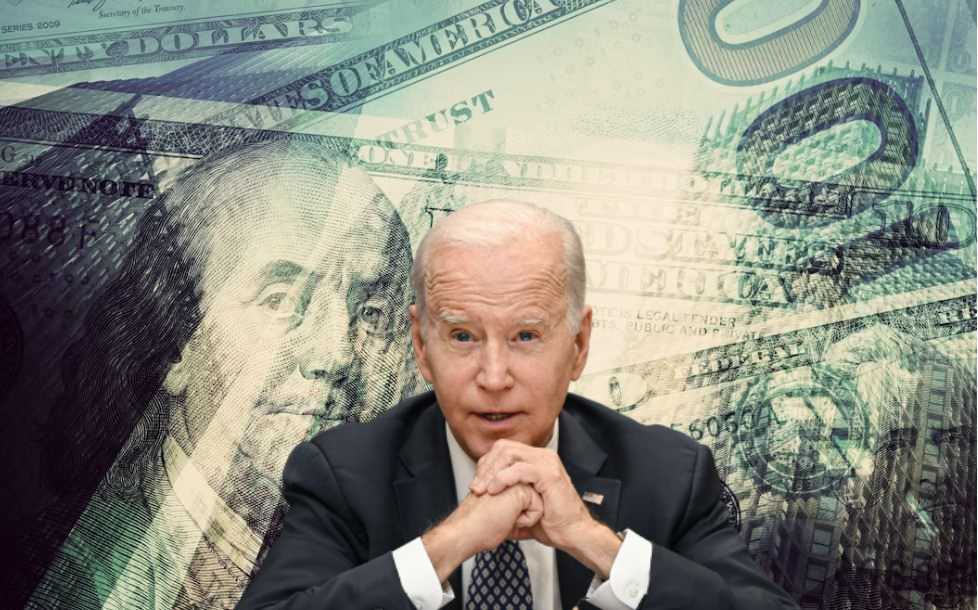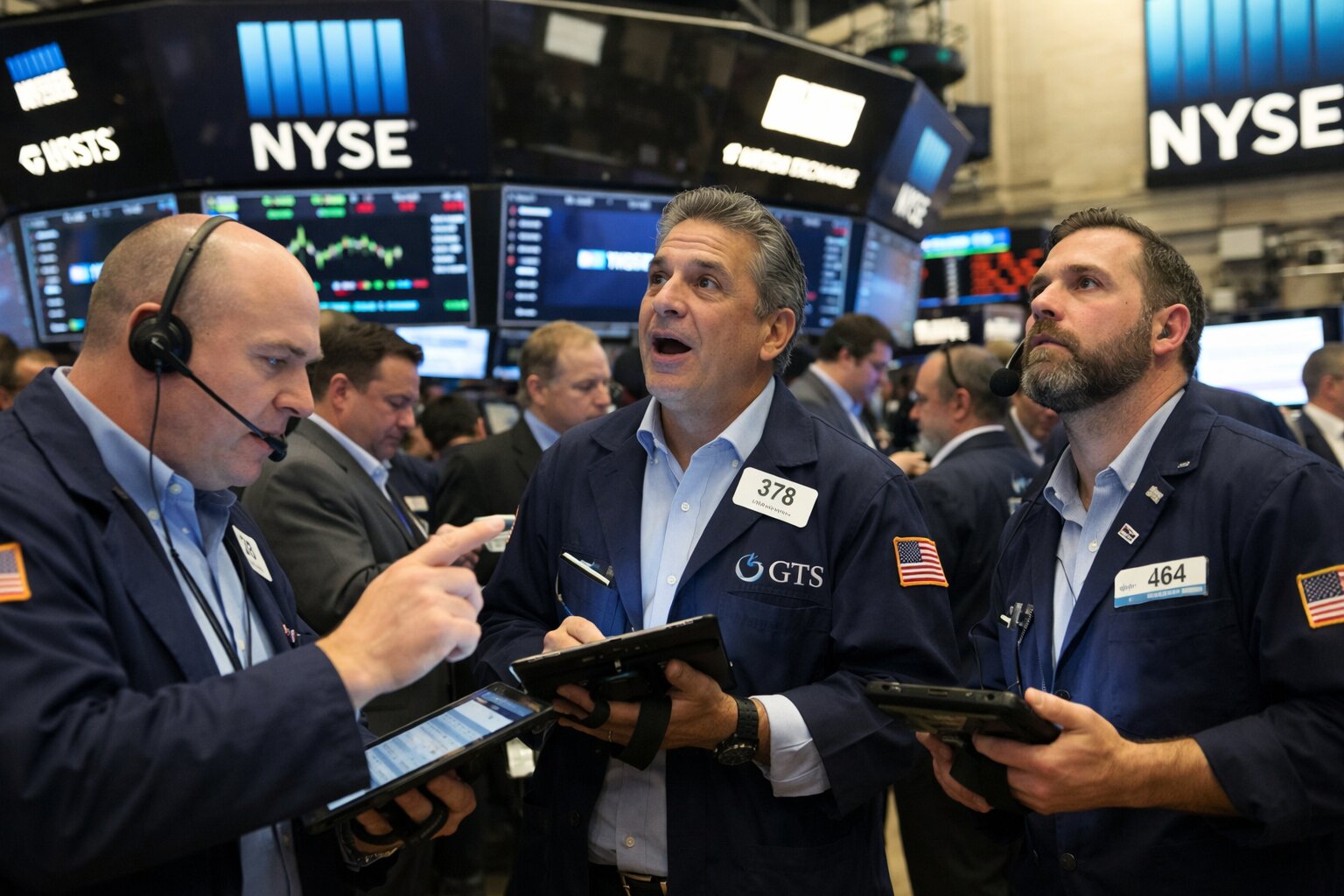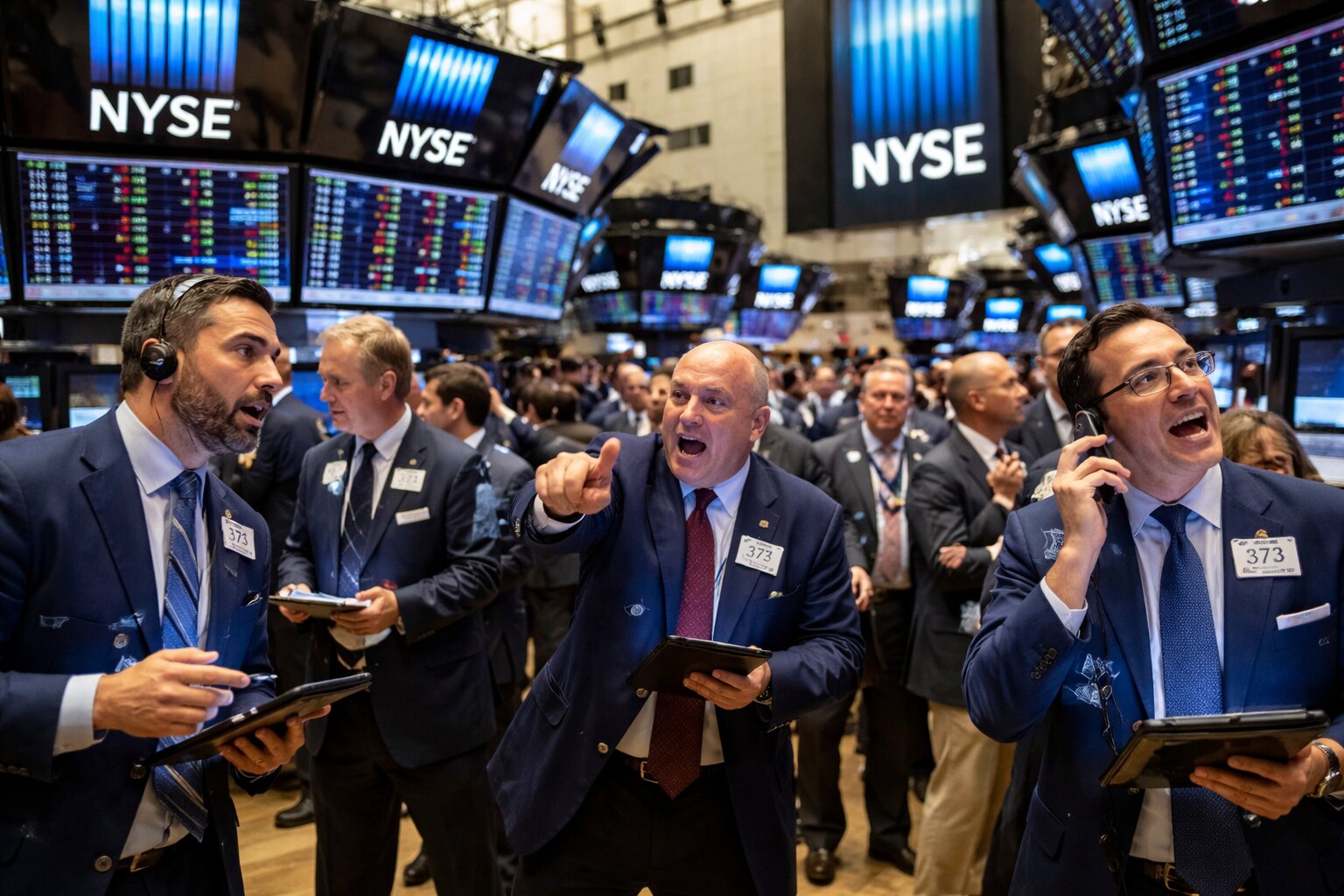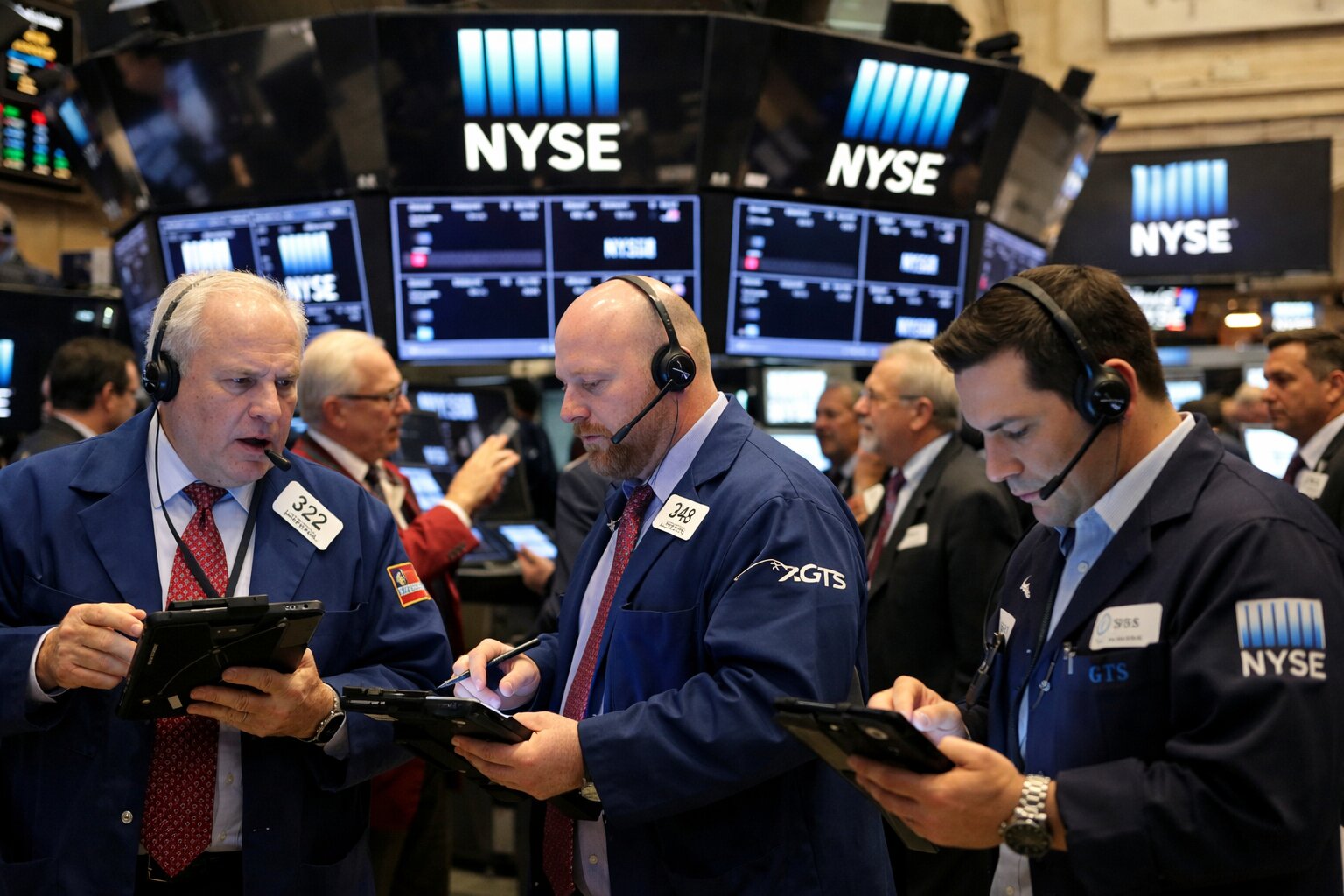
US Debt Ceiling Crisis: Averting Default in the Final Hours as June 5 Deadline Looms
Deadline Looms as US Debt Ceiling Negotiations Stumble Over Spending Cuts and Work Requirements
As the United States' debt ceiling deadline approaches with daunting rapidity, the strain on all parties involved is increasing, with financial markets worldwide observing the situation with bated breath. The debt ceiling negotiations between House Speaker Kevin McCarthy and President Joe Biden's administration have become a focal point of global financial discussions, and the necessity for a resolution is growing more palpable by the day.
The low cash balance of the U.S. Treasury, now standing at a precarious $38.8 billion, a record low since 2017, is only adding more fuel to the flames of the ongoing fiscal debate. While Speaker McCarthy appears steadfast in his determination to broker an agreement by the impending June 5 deadline, a myriad of critical issues remains unresolved.
A central point of disagreement between the two parties is the GOP's push for the inclusion of work requirements in anti-poverty programs. Republicans argue that these measures would foster productivity and relieve the country's overburdened welfare system. However, Democrats voice strong opposition, contending that such requirements could undermine the effectiveness of these programs, and consequently endanger the livelihoods of America's most vulnerable individuals.
Another point of contention is the term of the prospective debt agreement. The duration of the deal carries enormous implications for the nation's fiscal planning and future debt ceiling debates. A longer-term agreement would provide a level of stability, allowing policymakers to divert their attention to other pressing matters. However, it also carries the risk of locking the country into a set of potentially unfavorable conditions for an extended period.
As the negotiation process drags on, economists around the globe are voicing their concern about the dire implications of a default. Many are warning that such an event could be the catalyst for a recession, leading to substantial job losses and a downturn in the economy. Given the existing economic challenges resulting from the COVID-19 pandemic, such a scenario would only exacerbate the difficulties faced by countless Americans.
In a bid to break through the stalemate, the Biden administration has shown its willingness to negotiate on certain regulatory matters. A focal point of these discussions is the regulation of energy and other substantial industrial projects. The possibility of yielding ground to the GOP on this issue could be instrumental in striking a broad-ranging deal. In exchange, Democrats are seeking support from the Republicans for a bill aiming to augment the country's electric transmission capacity. This initiative aligns with the Democrats' overarching aim of promoting renewable energy sources and reducing carbon emissions.
However, such concessions are not made lightly. The potential implications of any agreement are significant and will resonate across the political and economic landscape of the United States. From regulations that could shift the balance of power within industries to the impacts on daily lives of average Americans, every point of negotiation carries significant weight.
Despite this, one thing remains clear. The importance of the debt ceiling agreement goes beyond political affiliations and ideological differences. The long-term health of the U.S. economy, the stability of the global financial markets, and the well-being of millions of Americans all hinge on this agreement. As June 5 looms, the world watches, waits, and hopes for a resolution. The outcome of these negotiations will undoubtedly set the tone for the nation's fiscal policy in the years to come.
The suspense continues to mount as we draw closer to the deadline. The financial markets, ever sensitive to political uncertainty, are showing signs of volatility. It is a stark reminder of the tight interweaving of politics and economics, and the global ramifications of national decisions. The need for a compromise has never been more pressing, not only for the United States but for the entire global economy. Indeed, the fate of the global markets may very well hang in the balance, awaiting the resolution of the U.S. debt ceiling standoff.
Read More
-
GPIQ ETF Price Forecast: Can a 10% Yield at $52 Survive the Next Nasdaq Selloff?
09.02.2026 · TradingNEWS ArchiveStocks
-
XRP ETF Price Forecast: XRPI at $8.32, XRPR at $11.86 as $44.95M Inflows Defy BTC and ETH Outflows
09.02.2026 · TradingNEWS ArchiveCrypto
-
Natural Gas Futures Price Forecast: Will The $3.00 Floor Hold After The $7 Winter Spike?
09.02.2026 · TradingNEWS ArchiveCommodities
-
Stock Market Today: Dow Back Under 50K While S&P 500 and Nasdaq Push Higher as Gold Reclaims $5,000
09.02.2026 · TradingNEWS ArchiveMarkets
-
USD/JPY Price Forecast: Can Bulls Clear 157.5 Without Triggering a 160 Intervention Line?
09.02.2026 · TradingNEWS ArchiveForex



















